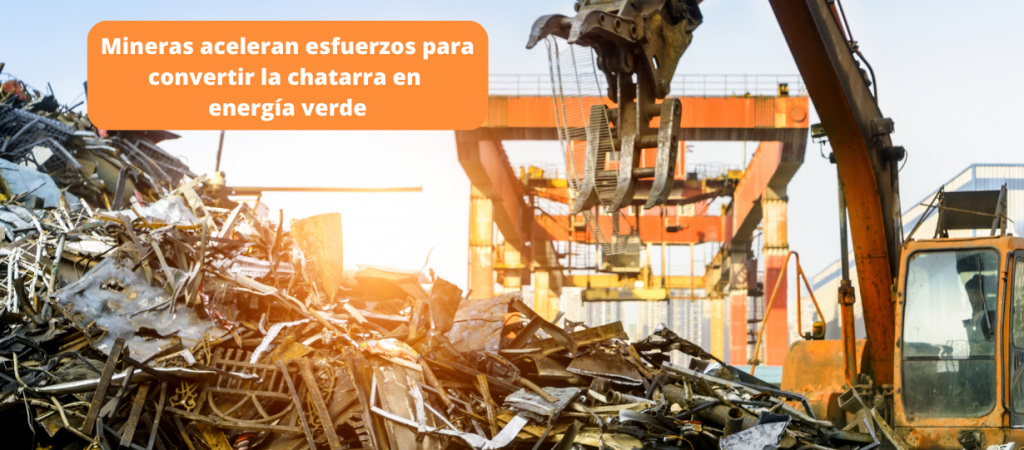
Large mining companies are taking their search for materials that can drive the energy transition to the city's scrapyards.
Along these lines, major mining companies have signed agreements this year to expand the recycling of critical metals, branching out from the investments they made over the last decade and that involve the operation of gigantic mines in countries such as the United States, Australia and the Congo. thus betting that automobile and consumer electronics manufacturers will increasingly require metals from sustainable sources for their products. They are also looking to turn the potential threat of a growing scrap supply into an opportunity.
So positive are the projections that, in figures, globally 42% of aluminum will be obtained from scrap by 2050, compared to 26% in 2022, according to Wood Mackenzie estimates. As for lithium, recycled metal could comprise 39% of the market by then, up from 2% last year.
Likewise, a report from a major global agency on supply chains for electric vehicle batteries last year estimated that another 50 average-sized lithium mines, 60 nickel mines and 17 cobalt mines would be needed by 2030 to meet climate commitments.
At Hidronor we celebrate the steps that are being taken towards the energy transition, contributing to the production of clean energy thanks to a biogas plant that we have installed in the southern part of Chile and which contributes to reducing the CO2 generated by waste. In addition, we valorize the waste we receive before disposing of it, a task we carry out with our subsidiary Greendot, specialized in global solutions for the recycling, valorization and on-site management of industrial and hazardous waste.
As a company we hope to continue advancing on the path of sustainability and environmental protection, offering comprehensive and innovative solutions designed under the concept of the circular economy.







